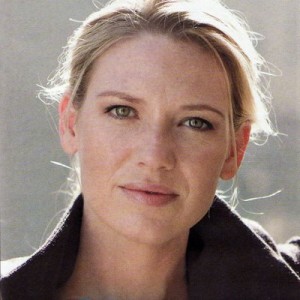Yesterday, Showtime announced a new show called House of Lies. Don Cheadle will serve as star and executive producer.
This great news for cable. To have an actor of Cheadle’s ability and stature, well, who could ask for anything more?
But is it good news for Don Cheadle?
Here’s how the the press release describes the show.
HOUSE OF LIES is a subversive, scathing look at a self-loathing management consultant from a top-tier firm. Cheadle will star as Marty, a highly successful, cutthroat consultant who is never above using any means (or anyone) necessary to get his clients the information they want.
I think this is Showtime’s way of signaling that they intend to use every cliche in the book.
And by book, I mean the work of Martin Kihn from which they drew their title and apparently, their approach.
Here’s a wee glimpse of House of Lies according to Kihn.
Here is the story of a nasty little man and how he rips the soul from his department, pulls its lungs out at the roots, and leaves behind a legacy of victims so vast it is as though a minijunta storms the halls and opens its grab bag of tricks—people with lives to lead . . . people with children, for God’s sake, with babies . . . are tossed into the street—your mentor is tossed into the street—your mentor’s mentor is hurled onto a rotting pile of ex-consultants . .
Golly and who would have thought if possible to take cliche one better. Capitalism red of tooth and claw, anyone? This takes Wall Street and ups the ante.
But of course cliches are not always a bad thing when it comes entertainment. They do grease the rails of comprehension. And, let’s be honest, a stereotyped, simplified and thoroughly dumbed-down notion of advertising appears not to have hurt Mad Men at all.
Mind you, the advertising cliche has quite a lot of ore in it. There’s the sex, the drinking, the politics, the glamor, and the deal making. It’s not clear to me that the consulting cliche leaves Showcase much to work with. Deal making?
We know what happens to TV projects that stick to empty cliches. Audiences lose interest almost immediately. It’s horrifying to think of an actor of Cheadle’s gifts taken hostage by a show that is itself taken hostage by simple minded ideas of its theme.
Let me make a suggestion: that Cheadle consult literature that can introduce him to the subtleties, nuances and richness of the consulting biz. I like the book by Micklewait and Wooldridge as background reading. See also Walter Kiechel’s wonderful The Lords of Strategy. But the real opportunity here, I think, is to talk to consultants and to see how very smart and sighted they are. Some of this will help correct the cliches with which House of Lies is freighted.
References
Kiechel, Walter. 2010. The Lords of Strategy: The Secret Intellectual History of the New Corporate World. Harvard Business School Press.
Kihn, Martin. 2009. House of Lies: How Management Consultants Steal Your Watch and Then Tell You the Time. Business Plus.
Micklethwait, John, and Adrian Wooldridge. 1998. The Witch Doctors: Making Sense of the Management Gurus. Three Rivers Press.
For the Showtime press release, see Robert Seidman’s site TV By The Numbers at http://tvbythenumbers.zap2it.com/2010/12/13/don-cheadle-enters-showtimes-house-of-lies/75293

